Best CABG Treatment in India
Coronary Artery Bypass (Heart Bypass) Surgery in India
Coronary Artery Bypass Graft Surgery, commonly known as heart bypass surgery, is a surgical procedure for people who are suffering from severe Coronary Artery Disease (CAD). This open heart surgery helps them to restore blood flow in a blocked or narrow artery. The accumulation of cholesterol and fatty substances over a period of time can narrow coronary arteries or block them. This condition hinders the normal blood flow through blood vessels, leading to heart attack. An efficient surgeon takes a blood vessel from a body part and uses it to restore the blood flow. A blocked or narrowed coronary artery enhances the strain on the heart, which leads to heart failure. The best heart bypass surgeon in India can divert the blood flow away from the blocked artery and improve heart health.
Who should consider CABG in India?
Doctors recommend Coronary Artery Bypass Graft Surgery for those who are diagnosed with Coronary Artery Disease (CAD). It is a good solution if this health condition has not improved with lifestyle changes or medications. Sometimes, blood flow to the heart cannot improve through less invasive treatment solutions, like angioplasty. CABG is a good recommendation for such patients as well. A cardiac surgeon in the top CABG hospitals in India might suggest CABG surgery for people with coronary artery disease who show the following symptoms:
- Arterial blockage and heart damage
- Narrowing of several heart arteries
- Unhealthy arteries with a malfunctioning lower left chamber
- Severe chest pain or angina and shortness of breath
- High blood pressure and diabetes
CABG is a kind of bypass surgery that forms a new path near severe narrow or blocked coronary arteries to recover the blood flow to the heart. This is the best treatment for severe artery blockage. The other names for this treatment are bypass surgery, coronary artery bypass surgery, and heart bypass surgery.
- Traditional CABG
- Off-Pump CABG
- Minimally Invasive CABG.
Traditional CABG – This is a very common procedure and during the surgery, the incision is made through the breastbone and a heart-lung bypass machine is used. During this procedure, the heart is stopped and a heart-lung machine is used to pump blood and perform the functions normally achieved by the lungs.
Off-pump CABG – In this procedure, the surgeons take an artery or a vein from another place in the body, then use the vessel to bypass the blocked part of the vessel and restore normal blood flow to the heart. In Off-pump CABG, the heart is not stopped and the heart-lung bypass machine did not use.
Minimally invasive CABG – During the surgery, the surgeon makes small incisions on the right side of the chest to reach the heart between the ribs. This is an advanced technique and instead of cutting large incisions through the breastbone, several small incisions are made. Minimally invasive heart surgery can be performed to treat a variety of heart conditions.
- Age (older than 70 years)
- Chronic lung disease
- Disease obstructing the left main coronary artery
- Diabetes
- Chronic kidney failure
- Poor heart muscle function
Doctors always recommend patients to attend cardiac rehabilitation sessions which help in getting full benefits of surgery.
Best Hospitals in India
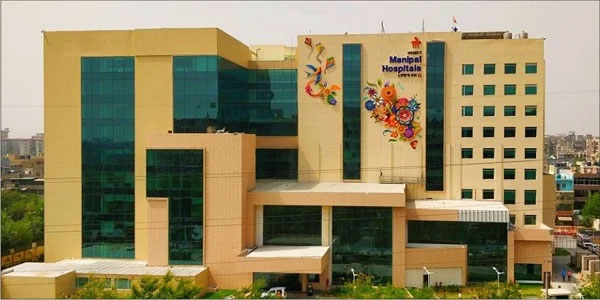
Manipal Hospial Dwarka
View Profile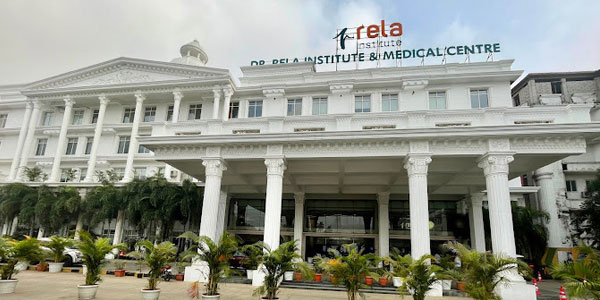
Dr. Rela Institute Medical Centre
View Profile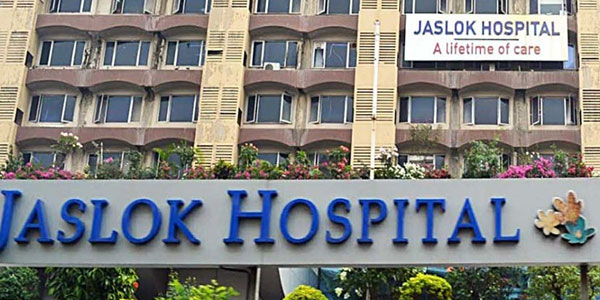
Jaslok Hospital
View Profile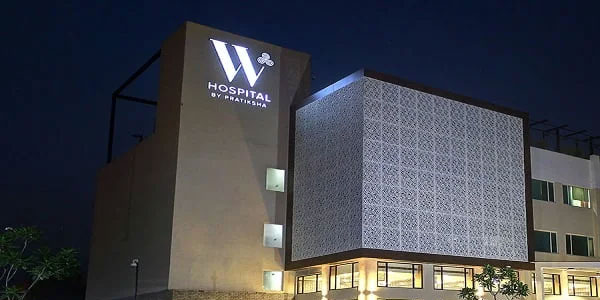
W Pratiksha Hospital
View Profile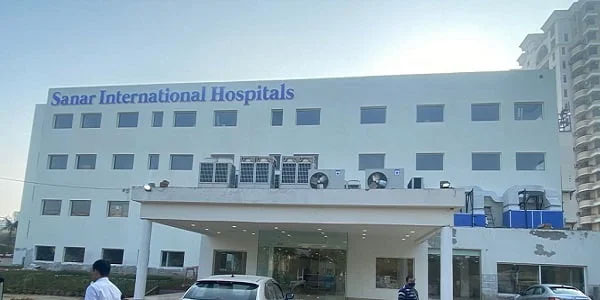
Sanar Hospital
View Profile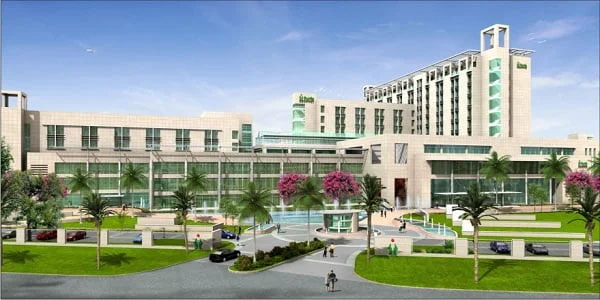
Fortis Memorial Research Institute
View Profile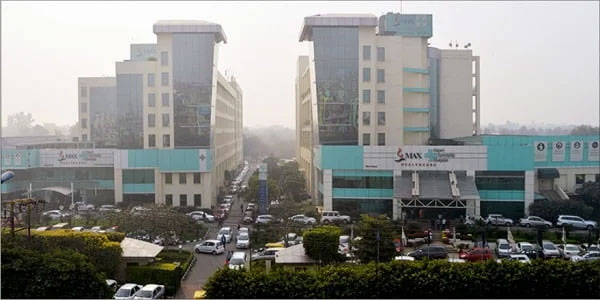
Max Hospital
View Profile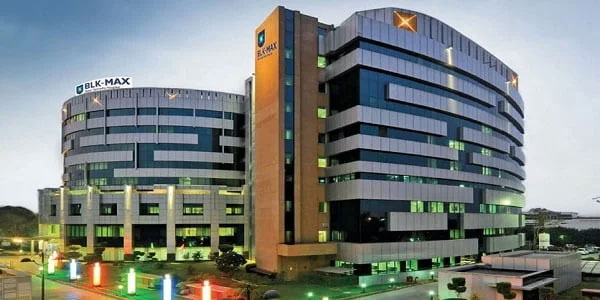
BLK Hospital
View Profile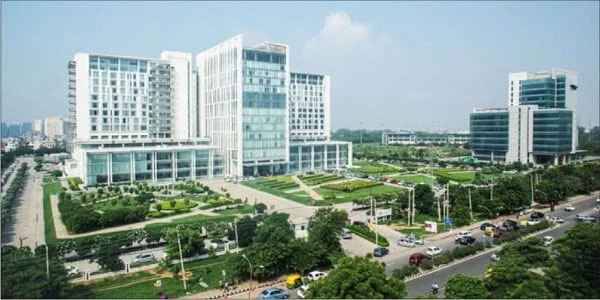
Medanta Hospital
View Profile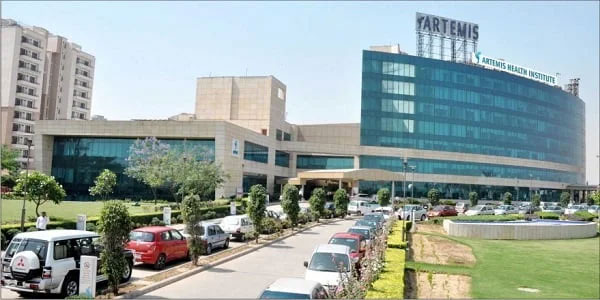
Artemis Hospital
View Profile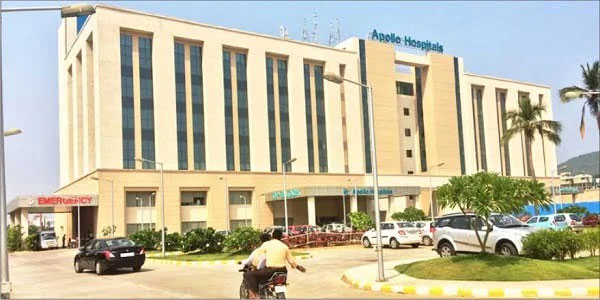
Apollo Hospital
View ProfileProvide Your Details
Our Health Expert will get back to you shortly.
